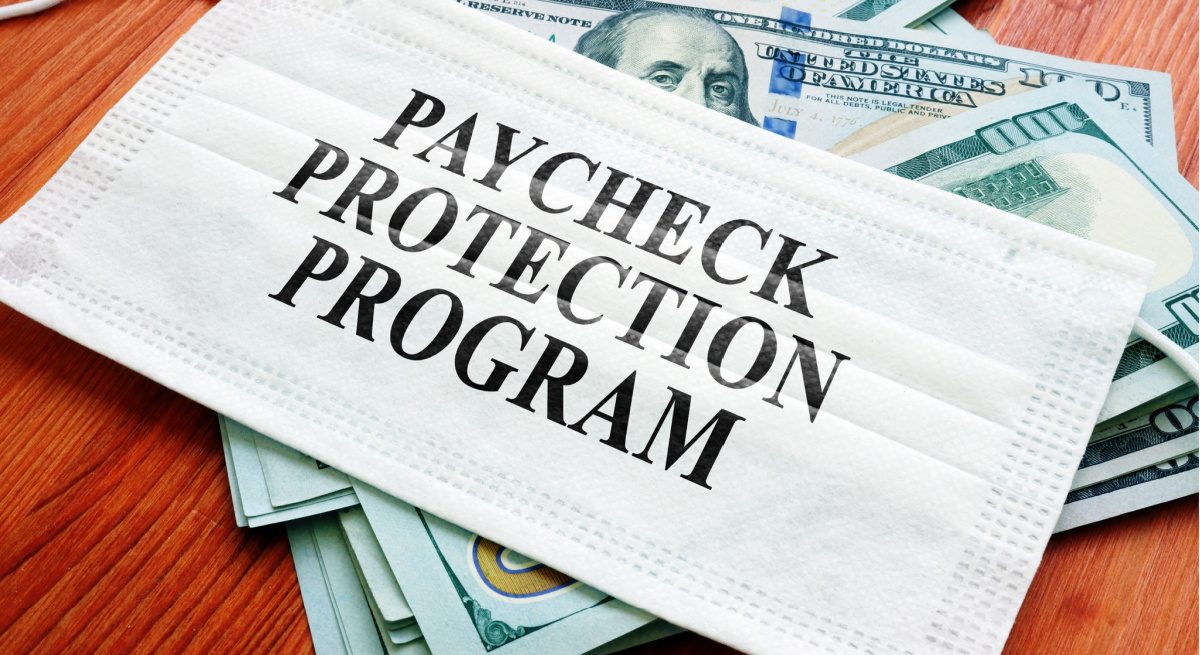New PPP Loan Insurance Covers Food Service Establishments if the SBA Later Finds They Were Ineligible for the PPP Loan Program
3 Min Read By Peter de Boisblanc
Businesses that benefited from PPP loans were required to meet the “necessity certification” requirement and consider alternative sources of liquidity, while also taking into account “affiliated” businesses, prior to submitting a loan application. Consider PPP loan insurance to cover damages, legal fees and fines if the SBA determines that your business was ineligible for the loan.
As one of the industries most affected by the COVID-19 pandemic, food service establishments large and small have been looking for relief since March. Many of them received it in the form of PPP loans.
Restaurants and other hospitality businesses took in more than $42 billion in U.S. Small Business Administration (SBA) Paycheck Protection Program (PPP) loans, accounting for as many as 8.07 percent of total distributed loans.
Although the program was originally intended to help businesses with fewer than 500 workers, large hospitality and restaurant chains like Shake Shack, Ruth’s Chris and P.F. Chang’s won PPP exemptions to bridge their operations until they open their doors open once again.
What most recipients don’t realize, though, is that the SBA has a six-year window in which to audit a PPP loan recipient’s initial application for the loan. The SBA wants to know that PPP loan recipients meet the “necessity certification” requirement, including that they considered alternative sources of liquidity prior to applying for the loan, and that the recipients qualified for the program even after taking into account all of their “affiliated” businesses.
The PPP’s Necessity Certification and Affiliation Rules
The Coronavirus Aid, Relief and Economic Security Act and subsequent legislation, which has allocated more than $510 billion in small business pandemic relief, made PPP loans available for businesses that, at the time of application:
- Certified that the “current economic uncertainty makes this loan request necessary to support the ongoing operations of the applicant,” otherwise known as the “necessity certification.”
- Considered access to alternative sources of liquidity “sufficient to support their ongoing operations in a manner that is not significantly detrimental to the business,” prior to applying for the PPP loan.
- Have 500 or fewer employees, taking into account any and all affiliates. Certain businesses, including portfolio companies of private equity funds, may be at risk that the SBA will interpret their affiliation rules more conservatively than expected.
The SBA has said that it will audit PPP recipients to ensure these three requirements were met. Businesses that don’t pass the audit may be subject to consequences for submitting false or misleading certifications. This could include being required to return the loan as well as fines and treble (i.e. triple) damages. These recipients likely also would incur legal and forensic accounting fees in defending themselves against the SBA’s challenge.
The SBA has created a safe harbor that may apply to recipients of loans of less than $2 million, but has advised that all PPP loans of $2 million or more are “subject to review by SBA for compliance with program requirements.”
Get to Know PPP Loan Insurance
A few insurers are now offering a policy designed to cover businesses that are subsequently deemed to have been ineligible to receive a PPP loan at the time it was granted to them. A PPP loan insurance policy will cover:
- Risk that the “necessity certification” was inaccurate when made, as well as the risk of inaccuracy of additional certifications made at the time of the loan application, including employee counts, taking into account the affiliation rules.
- Losses arising out of the lack of eligibility, including the amount of the loan (if required to be repaid), defense costs, fines, penalties and treble damages.
While the terms and conditions of this coverage are still evolving, some policies will not cover the government’s denial of loan forgiveness unless the denial is due to the business’ lack of eligibility at the time it applied for the loan.
For example, if the establishment did not use the PPP loan proceeds according to the SBA requirements, then the policy would not provide coverage. PPP loan policies may also contain exclusions for intentional fraud and reputational damages relating to the improper receipt of a PPP loan.
To obtain PPP loan insurance, applicants must submit:
- Analysis of how the affiliation rules apply to the business
- Payroll calculations made in connection with the loan application
- Analysis conducted to determine the business could make the “necessity certification,” including analysis of alternative sources of liquidity
- Data surrounding the impact of COVID-19 on the business
- Any other materials submitted to the SBA in connection with the PPP loan application
If your restaurant or food service establishment was granted a loan, and after reading the above criteria, you are uncertain you’d pass an SBA audit, consider PPP loan insurance as a way to off-set any potential liability.


